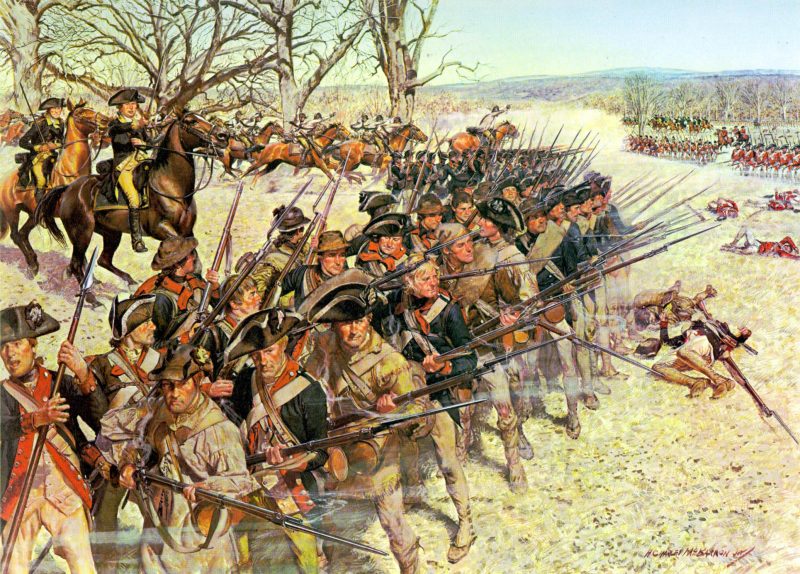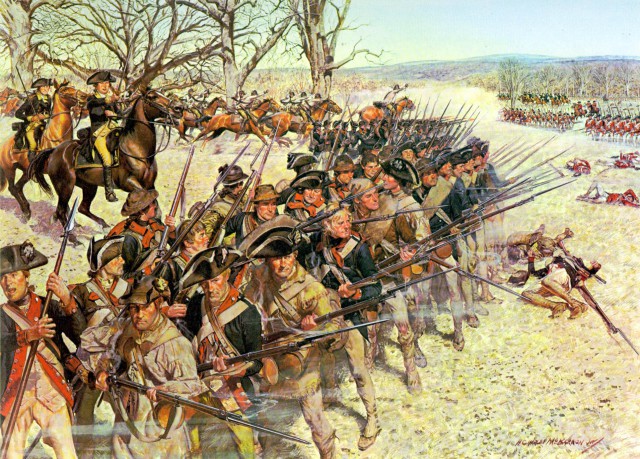
The top battles of the American Revolution were characteristic of the prolonged and drawn out battle over America from 1765 to 1783. Rebels in the American colonies decided to reject governance by the British, including its monarchy and aristocracy.
It all began over taxes, which the British government was trying to recoup from the colonies. Protests and civil unrest escalated over a period of 10 years. By 1774 the Patriots had established their own government in direct resistance to the British rule of law. Other loyalists did remain loyal to the British.
Here are some of the top battles of the revolution:
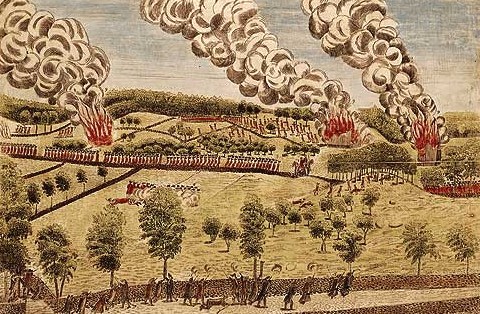
1775: Lexington and Concord was several small battles rather than one large conflict. Tensions had been building up over a long time and changed from civil unrest to all out warfare. Bunker Hill was a victory for the British but it was at a cost with many casualties. It was the beginning of a long drawn out period of war. Quebec was a series of small victories for the Americans heading all the way up to Quebec.
1776: At Charleston the British failed to take the sea port and ensured the war’s focus remained in the north. Trenton was a success for the British in New York and New Jersey and was given because of the British army’s huge troop numbers and skills of its leadership.
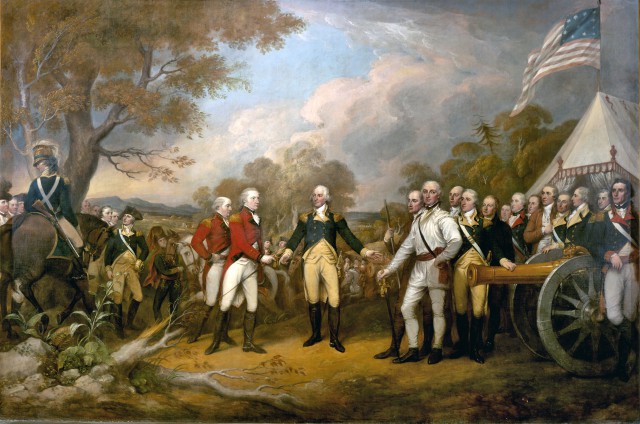
1777: At Saratoga the British suffered defeat and this led to a turning point in the war. The British surrender ensured France could join in the war.
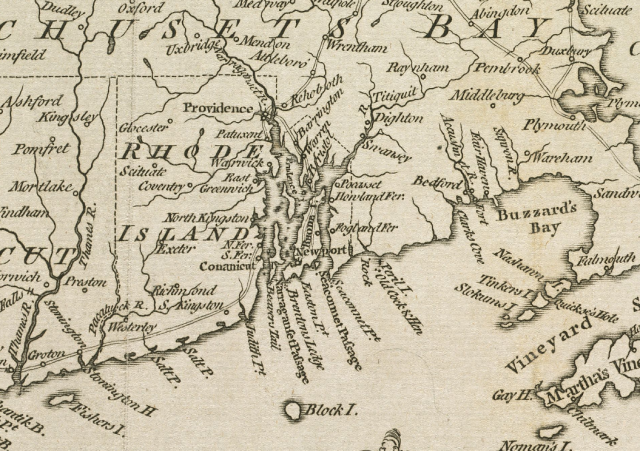
1778: Rhode Island was a failure for the Americans, stopping them from continuing their momentum and recovering Philadelphia. Any alliance with France was not going to bring a swift end to the war for the Americans and it ensured a stalemate in the north for the rest of the war.
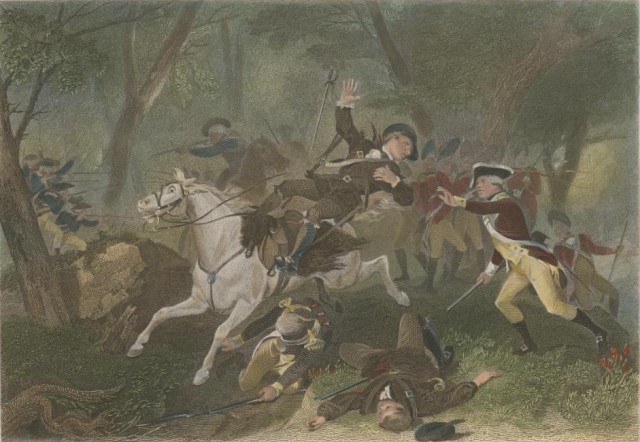
1780: Kings Mountain annihilated loyalist troops in South Carolina and forced the British to review their strategy in the south, the Allthingsliberty.com reports.
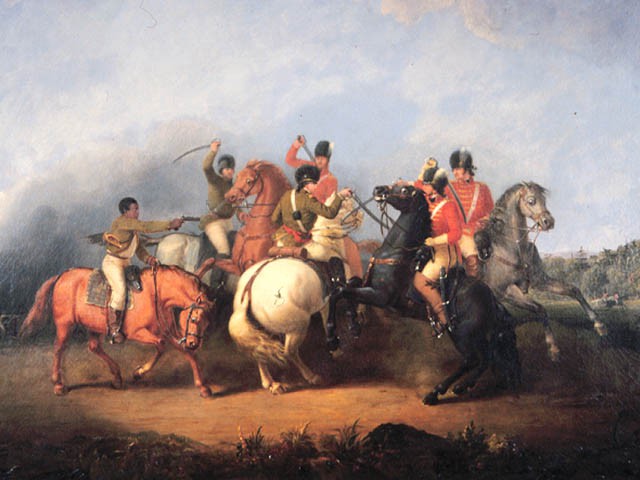
1781: Cowpens was a quick victory for the Americans and was a boost for their morale in the south. It was the start of the campaign that eventually ended the war. Yorktown was a prolonged siege that finished with most of the British army surrendering. It was the pinnacle of the French-American alliance and ended British military presence in America.
